Lysine is one of the most important amino acids because it belongs to the group of essential amino acids. Lysine is not made in the body but is extremely important for it and needs to be taken through food in sufficient quantities.
Functions of Lysine
Lysine plays a role in building every single type of protein. This essential amino acid is required for normal growth and building strong bones in children. It aids the absorption of calcium and maintains nitrogen balance in older children.
Lysine aids in the production of hormones, enzymes and antibodies and helps form collagen and restore tissues. Since it helps in the buildup of proteins in the muscles, lysine is used to treat sports injuries and surgical wounds. It also lowers levels of serum triglycerides.
Another extremely important property of lysine is its ability to counteract the herpes virus. This exceptionally beneficial amino acid cannot cure and destroy herpes; it has a different method of function. Lysine has the curious ability to stop arginine metabolism - another amino acid that's need to spread the herpes virus.

Besides maintaining important physiological functions in the body, lysine is used with a high success rate in therapeutic medicine due to its crucial functions in regards to the immune system and in preventing viral infections. Additional intake of this important amino acid has the best success rate in preventing and treating the herpes simplex virus.
Deficiency of Lysine
It's very important to note that foods contain not only lysine but arginine as well, since it's not possible for only one of these amino acids to be present at a time. What's key is the ratio - there needs to be more lysine.
Unfortunately, the food products that the majority of people consume daily contain more arginine than lysine. These include cereals, baked goods. Obtaining lysine is therefore limited and one may experience lysine deficiency.
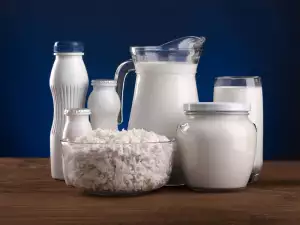
Most often, lysine deficiency appears with age, which can in turn decrease protein synthesis and slow the formation of connective and muscle tissue. Since the body cannot make lysine on its own, we must take it through food containing it.
Lysine deficiency has an adverse effect on protein synthesis. This leads to weakness, easy exhaustion, lack of appetite, lack of concentration, irritability, decrease in body mass.
Sources of Lysine
The recommended daily value of lysine comes out to 3-5 g. Margarine contains the most lysine, so we shouldn't completely deprive ourselves of this otherwise controversial product. Cheeses, lactic acid products, cream, butter and ice cream made from milk and cream are also rich in lysine.
Exotic fruits such as papaya, mango and avocado are good sources of lysine. Other fruits include apricots, apples, pears, figs. Beetroots and red tomatoes, various types of fish also provide lysine to the body.

Out of the meat cuts, choose ones that have less fatty tissues and more muscle tissues - fillets, clods, legs. Chicken, turkey, beef and veal, ham and liver are preferred.
Learn to recognize the products in which lysine is higher in ratio than arginine, leading to an antiherpetic action.
To reduce recurrent outbreaks of the herpes virus, one must decrease their intake of products that have a high arginine content, as these help replicate the virus. Such products are various nuts, caffeine, chocolate, gelatin, onions, garlic.
We shouldn't deprive ourselves of these products but it's best if they are taken with other products that balance the quantities of arginine and lysine. Excellent examples of such combinations include coffee with milk, nuts with yoghurt.




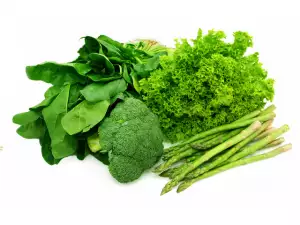


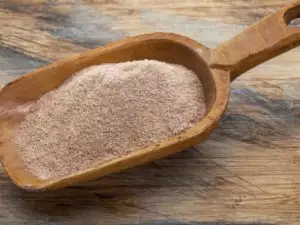
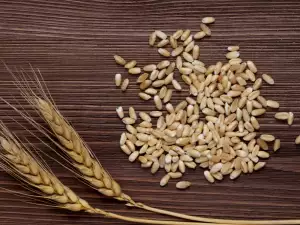






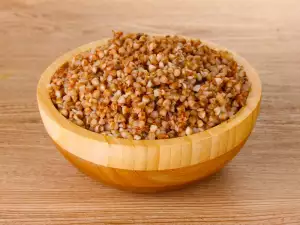
Comments
Tell: +234 706 647 4917